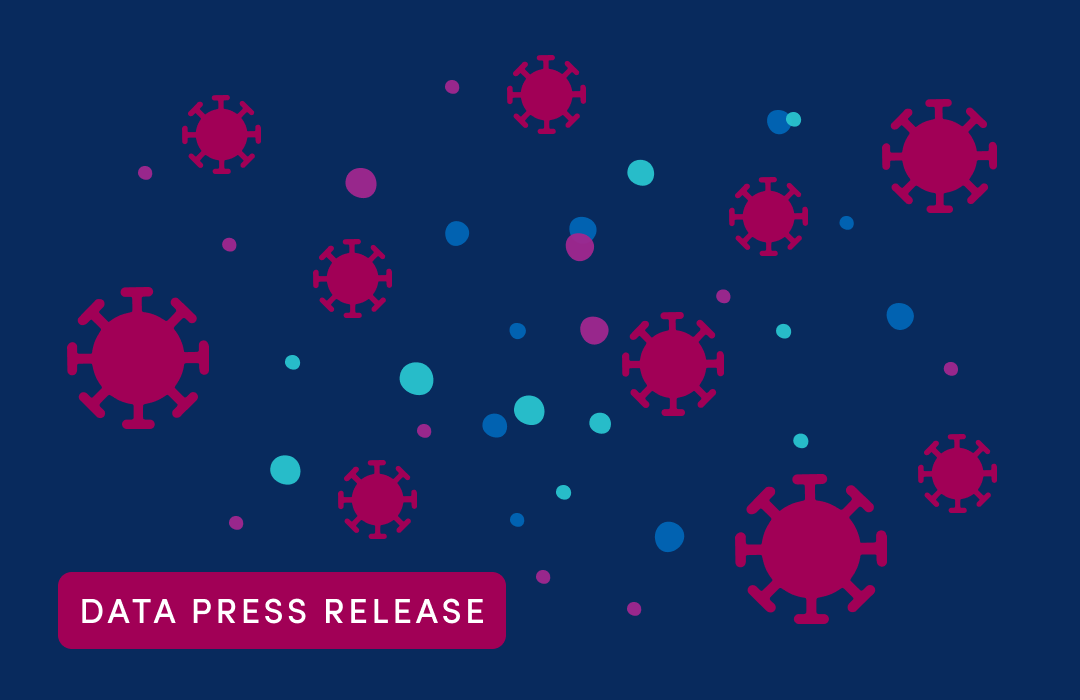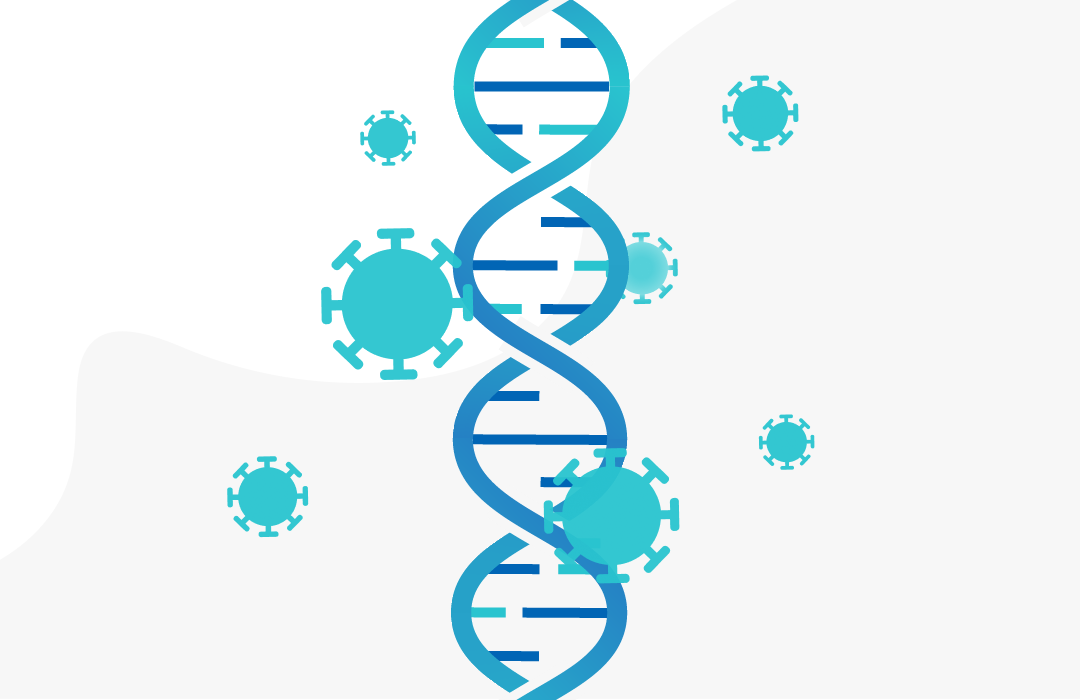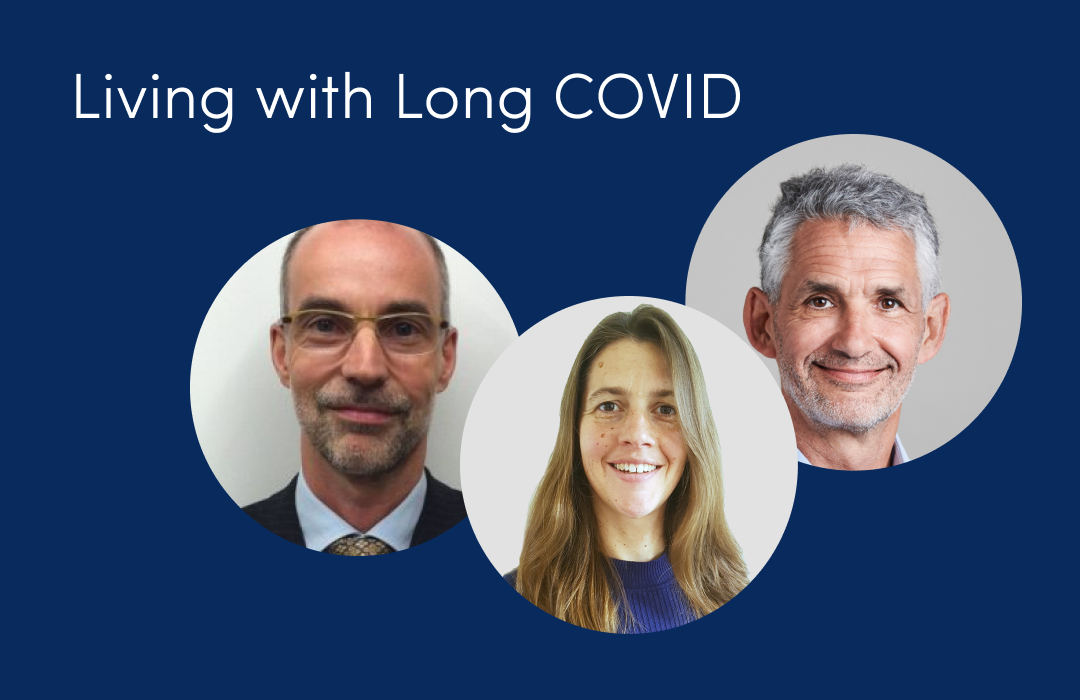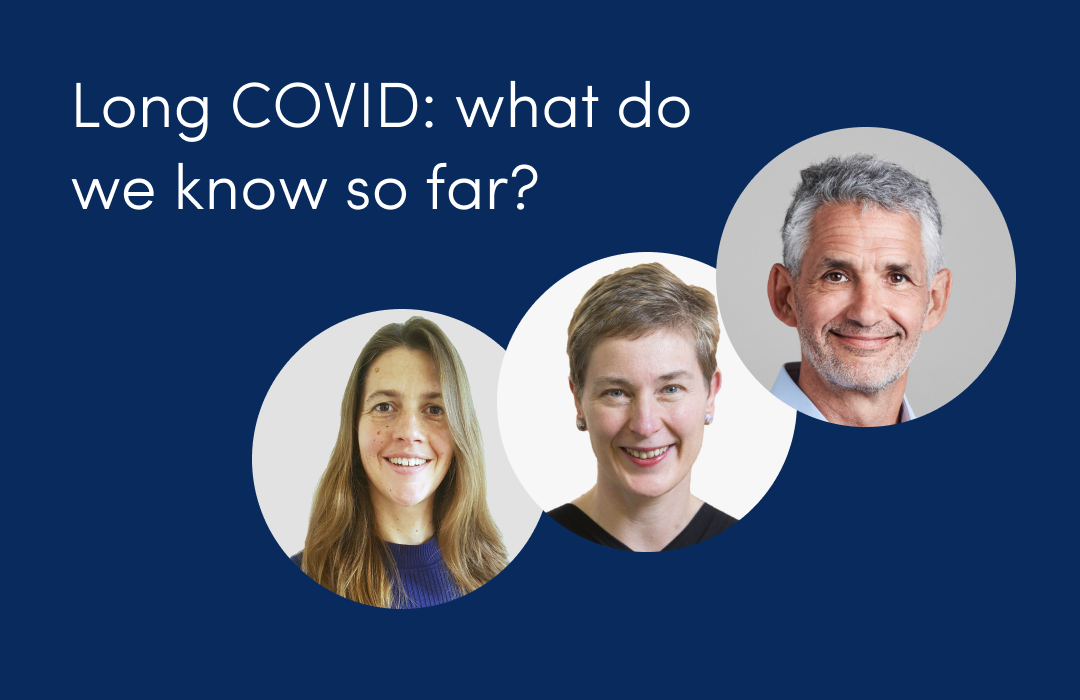
Eating a plant-rich diet helps to protect against COVID-19
July 13, 2021

This article has not been updated recently
- How do we measure diet quality?
- How is diet linked to COVID-19 risk?
- Who could benefit most from eating a better quality diet?
- How can I improve my diet to help protect against COVID-19?
Back in the autumn of 2020, we asked ZOE COVID Study contributors to fill in a detailed diet questionnaire about the food they were eating before and during the pandemic. More than 600,000 of you took part, making this the largest study of its kind - thank you!
Together with our research colleagues at Harvard Medical School and King’s College London, we’ve now analysed all this diet data and mapped it against COVID symptoms and positive tests reported in the app.
We discovered that people who eat a high quality, plant-rich diet are less likely to catch COVID-19 or end up in the hospital with it. This is the first time that diet has been shown to reduce the risk of developing the disease.
The full results are available as a preprint on medRxiv, and you can find out more from the researchers themselves in our latest expert webinar here.
How do we measure diet quality?
Rather than looking at specific foods or nutrients, the survey we released through the app was designed to look at broader dietary patterns which are more reflective of how we actually eat.
Each person’s answers are compiled to produce a ‘diet quality score’ that reflects the overall nutritional value of their typical diet.
Generally speaking, diets with high quality scores contain a larger amount of plant-based foods such as fruits, vegetables, whole grains and as well as oily fish, and fewer processed foods and refined carbohydrates.
ZOE’s recent landmark PREDICT nutritional study recently showed that people who eat a higher quality 'diet also have a healthier and more diverse collection of microbes in their guts. Eating this kind of ‘gut friendly’ diet is linked to a wide range of better health outcomes, including reduced inflammation and body fat, and improved blood fat and sugar levels.
How is diet linked to COVID-19 risk?
Overall, we analysed data from 592,571 UK and US ZOE COVID Study app contributors who completed the diet survey. Based on analysis of symptoms or PCR test results reported in the app, 31,815 of them (19%) ultimately caught COVID-19.
We found that people who ate the highest quality diet were around 10% less likely to develop COVID-19 than those with the lowest quality diet, and 40% less likely to become severely ill if they developed COVID-19
Importantly, this relationship between diet quality and COVID-19 risk was still there after accounting for age, body mass index (BMI), ethnicity, smoking, physical activity and underlying health conditions, as well as mask-wearing habits and population density.
A smaller recent study showed that people who eat a plant-based or pescatarian diet (predominantly vegetarian but including fish and seafood) are less likely to become severely ill with COVID-19. But ours is the first study to show that a higher quality diet actually reduces the chances of developing the disease in the first place.
We still don’t know exactly how diet helps to cut the risk from COVID-19, but study co-lead, Professor Andrew Chan MD, MPH from Massachusetts General Hospital, and professor at Harvard Medical School, suspects that inflammation may be playing a role. He says,
“Diet quality is an established risk factor for many conditions that are known to have an inflammatory basis. Our study demonstrates that this may also hold true for COVID-19, a virus which is known to provoke a severe inflammatory response.”
Who could benefit most from eating a better quality diet?
Importantly, we discovered that the impact of diet was amplified by individual life situations, with people living in low-income neighbourhoods and having the lowest quality diet being around 25% more at risk from COVID-19 than people in more affluent communities who were eating in the same way.
Based on these results, we’ve calculated that nearly a quarter of COVID-19 cases could have been prevented if these differences in diet quality and wealth had not existed.
Dr Sarah Berry, study co-lead and Reader in nutritional sciences at King’s College London, says,
“For the first time we’ve been able to show that a healthier diet can cut the chances of catching COVID-19, especially for people living in more deprived areas. Access to healthier food is important to everyone in society, but our findings tell us that helping those living in poorer areas to eat more healthily could have the biggest public health benefits.”
How can I improve my diet to help protect against COVID-19?
Our findings clearly show that eating a plant-rich, ‘gut friendly’ diet is associated with a lower risk from COVID-19. So it makes sense that taking steps to improve the quality of your diet would be a good idea, not just during the pandemic but for your overall health.
Professor Tim Spector, lead scientist at ZOE COVID Study and professor of genetic epidemiology at King’s College London, says,
“You don’t have to go vegan, but getting more diverse plants on your plate is a great way to boost the health of your gut microbiome, improve your immunity and overall health, and potentially reduce your risk from COVID-19.”
This doesn’t have to be difficult or expensive - check out our ten top tips for getting more plants on your plate if you’re looking for some fresh (or frozen!) ideas, or check out our blog post on 7 ways to improve diet quality and protect against COVID-19.
At ZOE we’re passionate about using the latest data science to unpick the complex connections between diet and health, bringing together our expertise in COVID-19 and nutrition to help improve health for all. You can find out more about our latest research on diet and health over on our nutrition blog.












.png)


.jpg)














.png)







%202.png)
.png)

















.png)




%20(1).png)


